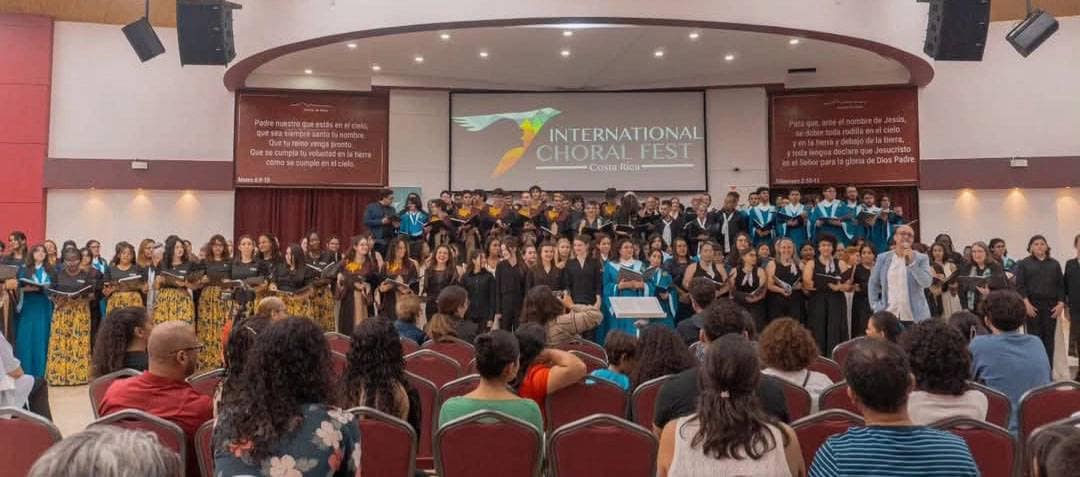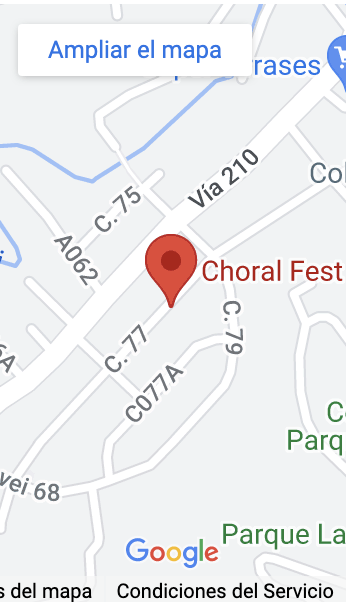The History of Choir Festivals: From Ancient Times to Today
The harmonious blend of voices in a choir has the power to transcend language and culture, uniting people through the universal language of music. Choir festivals, in particular, have served as a platform for celebrating this beautiful art form. But how did these festivals come into being, and how have they evolved over time? This blog post delves into the fascinating journey of choir festivals, from their ancient origins to their modern-day manifestations, uncovering key milestones, cultural impacts, and offering insights into their enduring popularity.
Ancient Beginnings: The Roots of Choir Festivals
The history of choir festivals can be traced back to ancient civilizations, where communal singing played a significant role in religious and social rituals. In ancient Greece, for instance, choral music was integral to festivals such as the Dionysia, which celebrated the god Dionysus with theatrical performances and choral hymns. The Greek chorus, consisting of a group of singers and dancers, was a staple in these performances, blending music, poetry, and drama.
Similarly, in ancient Rome, choral singing was an essential component of religious ceremonies and public events. The Roman Carmen Saeculare, a hymn sung by a choir of children during the secular games, is a notable example of the importance placed on choral music in Roman culture.
Medieval and Renaissance Transformations
During the medieval period, choir festivals began to take on a more organized form, often associated with religious observances. The Gregorian Chant, a style of plainchant, became a central element of liturgical music in the Roman Catholic Church. Monasteries and cathedrals across Europe nurtured choirs, and various religious festivals provided opportunities for these choirs to showcase their skills.
The Rise of Secular Choir Festivals
With the advent of the Renaissance, choir festivals started to expand beyond religious boundaries. The period witnessed a flourishing of choral compositions, with renowned composers like Palestrina and Josquin des Prez contributing to the rich repertoire. Secular choir festivals emerged, celebrating themes of love, nature, and human experience. These events attracted a wider audience and laid the groundwork for future choir festivals focusing on diverse themes.
The Evolution of Choir Festivals in the Modern Era
The modern era saw choir festivals evolving into grand cultural events, often spanning multiple days and featuring choirs from around the world. The 19th and 20th centuries were particularly transformative, as technological advancements and increased global connectivity facilitated the exchange of musical ideas and traditions.
Notable Choir Festivals Around the World
Today, choir festivals are celebrated globally, each with its unique charm and significance. Some of the most notable festivals include:
- Llangollen International Musical Eisteddfod (Wales): Established in 1947, this festival brings together choirs from across the globe to compete and perform, promoting peace and cultural understanding.
- World Choir Games: Often referred to as the «Olympics of choral music,» this biennial event attracts thousands of participants from different continents, fostering international collaboration.
- ChorFest (United States): Celebrating diversity in music, ChorFest features a wide range of performances, workshops, and educational opportunities for choir enthusiasts.
The Cultural Impact of Choir Festivals
Choir festivals have played a significant role in shaping cultural identities and fostering community spirit. They provide a platform for choirs to showcase their cultural heritage, promoting cross-cultural understanding and appreciation. Additionally, these festivals often serve as a catalyst for local economies, attracting tourists and generating revenue for host cities.
Statistics Highlighting the Popularity of Choir Festivals
According to a recent survey conducted by the International Federation for Choral Music (IFCM), there are over 37 million choir singers worldwide, with a significant number of them participating in choir festivals annually. The economic impact of these festivals is substantial, contributing millions of dollars to local economies through tourism, hospitality, and related industries.
Actionable Tips for Choir Enthusiasts
For those passionate about choral music and interested in participating in or attending a choir festival, here are some actionable tips:
- Research and Plan: Explore different choir festivals globally and choose one that aligns with your interests and schedule. Consider factors such as location, type of festival (competitive or non-competitive), and the repertoire.
- Engage with the Community: Connect with local choir groups and online forums to share experiences, tips, and recommendations about choir festivals.
- Prepare and Practice: If you’re part of a choir planning to participate, ensure ample preparation and practice. Focus on vocal techniques, stage presence, and repertoire selection.
- Embrace the Experience: Whether you’re a performer or an attendee, immerse yourself in the festival experience. Learn from other choirs, attend workshops, and enjoy the diverse range of performances.
Conclusion: The Enduring Legacy of Choir Festivals
From ancient rituals to modern-day celebrations, choir festivals have evolved significantly, yet their core essence remains unchanged – bringing people together through the power of music. These festivals continue to enrich lives, foster cultural exchange, and celebrate the diversity and beauty of choral music. As we look to the future, choir festivals will undoubtedly continue to resonate with audiences worldwide, inspiring new generations of singers and music enthusiasts.
Whether you’re a seasoned choir singer or a curious listener, exploring the world of choir festivals offers a unique opportunity to appreciate the rich history and vibrant future of choral music. Embrace the journey and let the melody guide you!


